The criminal process is a methodology for resolving issues related to liability provided for in the criminal code. Judicial proceedings are initiated on the basis of a crime.
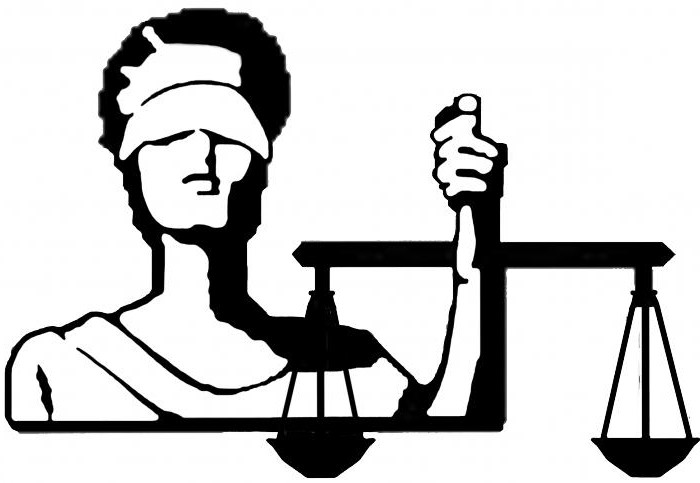
Criminal proceedings: when?
In our country, criminal proceedings relate to the following events, relationships and situations:
- settlement of the initiation of cases, their investigation, after which - consideration in the hearing;
- relations in the aspect of observance of rights between different participants in one case;
- criminal law, procedural.
What does it consist of?
The criminal procedural law assumes in the form the presence of:
- conditions;
- procedures;
- guarantees.
It is customary to relate to procedures such actions and their sequences that are necessary for the successful passage of the process. Guarantees are the means by which the exercise of rights can be achieved. In addition, it is guarantees that ensure the fulfillment by participants of their obligations. With guarantees, directly related sanctions arising in the process. Such appear when some evidence, it was decided to re-qualify as inadmissible. They say about sanctions if it is necessary to cancel a decision taken contrary to the laws in force in the country.
Procedural form
Its main purpose is to ensure the conduct of business throughout the country in the same way. This applies to both the investigation and the court. To comply with legal norms, it is crucial that the criminal procedure legislation is interpreted and applied uniformly throughout the state.
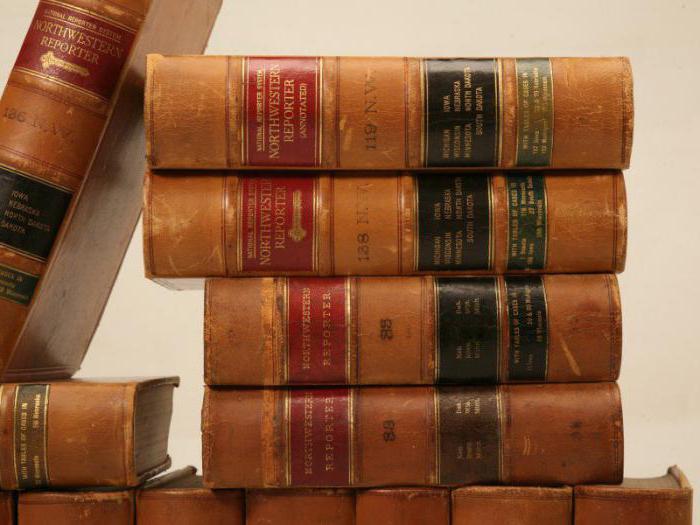
Such an approach ensures that business will be conducted uniformly, and that conditions be accepted as appropriate. In general, this ensures that in each individual case the truth is more likely to be established. And this, in turn, guarantees justice. In addition, persons involved in court proceedings can be in no doubt, their rights and interests are protected.
Tasks of the Criminal Courts
The purpose of a criminal court is to protect the interests and rights of citizens and organizations. In addition, there is always the possibility that some person was accused incorrectly, agreed without reason. Courts are called upon to protect these categories of victims. Some are illegally convicted of committing crimes, others are limited in their rights, for no reason. In all these situations, justice can triumph through criminal proceedings.
Harassment by court, naming of a person guilty is another categorically important task of a criminal court. The judge decides which punishment in this situation will be optimal, appropriate to the offense committed. He can refuse to prosecute the guilty person and release the person under jurisdiction from punishment if he assesses the situation as an unfair and unfounded conviction. In this situation, the court has another task - to rehabilitate the victim.
Criminal Procedure Law
As a branch of law, criminal procedural law represents such a volume of standards described in legal documents for the regulation of which legal relations have been introduced. Recent criminal cases in judicial practice help to form legal relations, while the principles of criminal proceedings are supplemented. This is most relevant for arbitration.
Criminal procedure law is such that it has always been and will be of interest to the general public. The system of application of this right in our country is formed by separate standards, combined into additional industries, institutions.
What are the sources of criminal procedure law?
Norms of law have external forms. It is they who are usually called sources of law. Accordingly, in current legal practice in Russia, the sources of criminal procedure law are:
- Constitution
- recognized standards;
- CPC.
The sources of the criminal process of foreign countries are in many respects similar to ours, these are the fundamental legal documents of countries, as well as existing international treaties, standards adopted in the various states as fundamental.
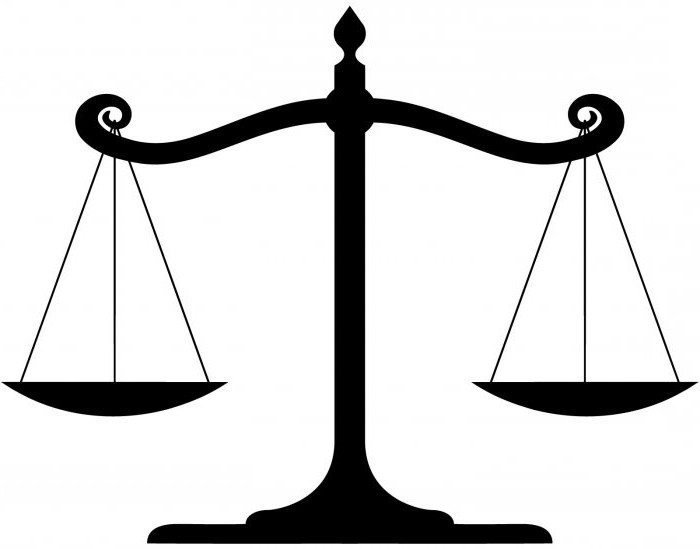
In Russia, the CPC can be called an exhaustive source, since this document was created with the aim of being a full-fledged source of law. If a certain legal norm is found that contradicts the Code of Criminal Procedure, its application is not allowed in practice. The second part of the seventh article of the CPC talks about this. At the same time, the CPC contains references to certain regulatory acts, which automatically also qualify as sources of criminal proceedings. These are various resolutions approved by the government of the country, laws and regulations in force on the territory of the state, introduced by departments and ministries. However, they can be applied only up to the level until there is a contradiction to the Criminal Code.
And if from a different angle?
The branch of criminal procedure law can be viewed in a slightly different way - from the practice of applying the law. In this case, the types of sources of criminal proceedings:
- decisions taken by the Constitutional Court at any time;
- drawn between law and law analogies.
In this case, it is necessary to be guided by such a rule that the law does not exist retroactive. This applies to criminal cases.
In addition, the concept of sources of evidence in the criminal process of the Russian Federation and other countries can differ significantly. It follows that the standards introduced by the laws of Russia are valid only on the territory of this state, but do not extend beyond its borders. And this does not depend at all in which country, in what conditions the incident occurred, which provoked the attention of law enforcement agencies.
Of course, there is the concept of legal assistance. Such a country may be provided by another, if it considers this an adequate requirement, not violating regulations and rules. The sources of the international criminal process matter only when the requesting party draws up an official request to another state, which in its laws considers the conflict incident to be sufficient for criminal prosecution.
It should also be mentioned that regardless of stereotypes, the law says: everyone is equal before the court. Of course, at the same time, there remains a circle of persons with immunity due to either their place of service or legal, international status. At the same time, there is always an option for the court to apply a special order to overcome the limitations of immunity. In Russia, all these possibilities are considered by the third article and the 448th Code of Criminal Procedure.
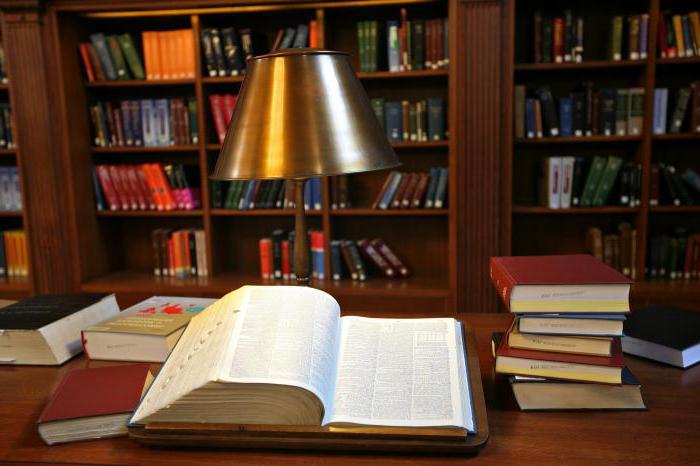
Principles of Criminal Procedure
It is customary to relate to such principles those ideas that underlie the CPC. They determine how the judicial process should be built, what are the institutions. Signs that always comply with the principles of criminal proceedings:
- compliance with economic social conditions, social, reflecting the level of development of society;
- the implementation of tasks is allowed with a properly organized investigation, consideration so that everything that happens corresponds to the principles of democracy;
- ideas on which the principles of criminal proceedings are based should be enshrined in legal standards.Due to this, the principles become mandatory, receive performance guarantees, have an accurate and undeniable definition.
Principles: CPC
If you carefully study the current Code of Criminal Procedure, it becomes clear that a special chapter was included in it, containing articles from the seventh to the 19th. They describe precisely the principles of the production of trials in criminal law. From this we can conclude that the country's government seeks to consolidate the most significant provisions in the law, to distinguish them from other requirements related to this area. This, in turn, will lead to an increase in the significance and credibility of the principles. There are principles that are not explicitly stated in the code, but are obvious from the general sense. The basis of law is the country's Constitution.
Basic principles: what is it?
The main principles applicable today in criminal trials are as follows:
- publicity;
- the inviolability of housing, man;
- the secret of communication, messages;
- justice is the exclusive domain of the court;
- honor, dignity must be respected at the state level;
- production must strictly comply with the laws of the country;
- freedoms, rights must be protected by law;
- the courts and all their participants must be independent;
- participants are equal before the court;
- proceedings must be open;
- if there is no evidence of a person’s guilt, he is innocent;
- each participant in the process can receive protection from the court if he needs it;
- parties have equal rights and can compete in court;
- the process should be objective, cover all aspects of the matter and fully consider the situation, without losing any attention;
- the parties are free to obtain the evidence necessary to uphold their position;
- decisions, actions related to the process may be appealed;
- citizens can take part in court proceedings.
We prove by law
Sources of evidence in the criminal process are officially called procedural forms, as a result of which it is possible to obtain information relevant to the case. It is recognized as evidence and further used in the process in order to defend a certain position. The source of evidence is both the source of the data itself and the medium on which the information is transmitted to the court.
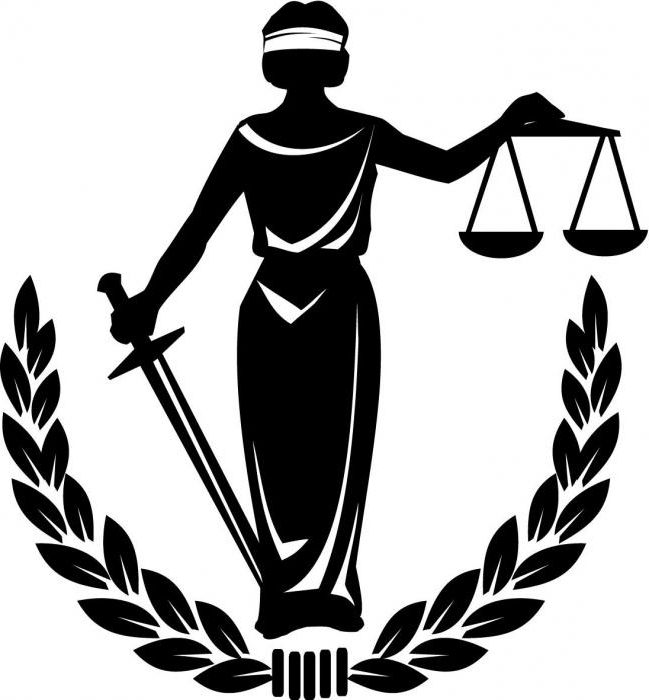
The source of information on the circumstances that have yet to be proved are those acts in which the detected data is recorded that are significant for a particular situation. These include decisions, protocols.
For evidence on tangible media, the following classification of sources of criminal proceedings has been developed:
- animated, that is, those who pass by the participants;
- inanimate, that is, a variety of objects. It can be cars, clothes, weapons and any traces, objects.
The number of procedural sources is as follows:
- investigation protocols;
- documents that the court decided to attach to the case;
- evidence, which the court also decided to attach to the case;
- expert conclusions.
Testimony: not so simple
It is impossible to overestimate evidence as a source of evidence in criminal proceedings. Such investigations of criminal cases are extremely rare in which no testimony of witnesses and victims is included. And at the same time, this area to this day remains quite controversial.
Unfortunately, the law does not have clear corrections regarding what should be considered evidence from the information transmitted by the witness to the court, and what needs to be “filtered out”. The 79th article of the Code of Criminal Procedure tells about this, but it follows from it that only the information obtained during interrogation can be used as evidence. This conclusion in a detailed analysis seems unreasonable.
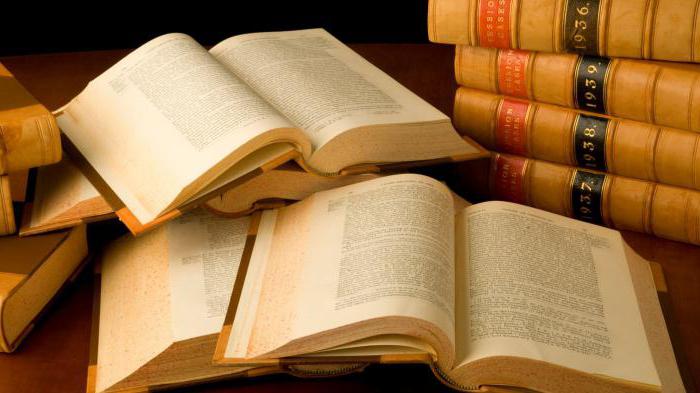
192, 193 and 194 articles of the CPC are also devoted to the issue of witness testimony.It follows from them that information obtained from a confrontation, identification, and verification conducted directly at the scene of the incident can be safely attributed to the testimony. But this comes in a certain conflict with Article No. 79.
Sources of law in the criminal proceedings of our country
The sources of the criminal process of the Russian Federation are legal acts in which you can find data on the rules that are binding in the execution of cases. Thanks to them, it is possible to regulate the proceedings in the courts.
The first article of the Codex in force in our country is devoted to the concept of such sources. It follows that the Code is based on the Constitution of the country and establishes how court proceedings will be conducted in the Russian Federation. In addition, it is the code that declares the principles, norms of rights, international agreements with regards to the Russian Federation.
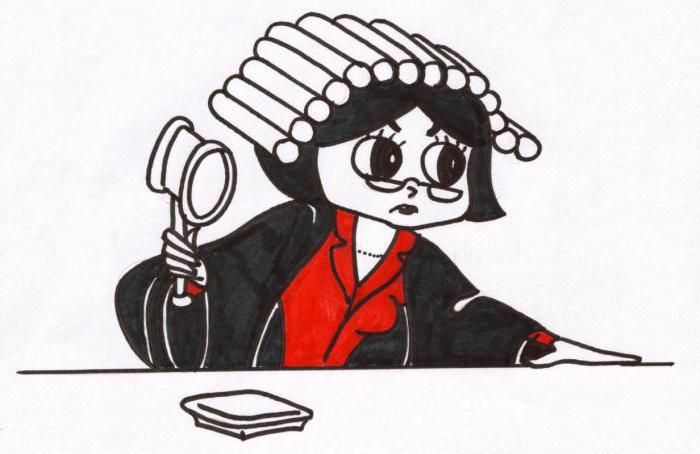
Sources of the criminal process form a system with a strict hierarchy. Therefore, there are sources whose strength is significantly greater than others. If we analyze all known sources at the moment, we get the following "ladder":
- international laws, regulations, principles;
- Constitution;
- CPC;
- laws classified as federal.
Priorities and Features
The meaning of the sources of the criminal process is different, as stated in the first part of the second article of the CPC. From it you can learn that the most significant are international treaties, rights adopted at the international level. For example, when committing a certain crime, only then can an investigation be carried out in accordance with the Code of Criminal Procedure, when there is no other indication of this in international agreements. If there are any, the case immediately becomes “special”, regardless of what crime was committed.
However, similar priorities can be found in the documentation adopted between the states. First of all, we are talking about a declaration signed in 1948 that enshrined officially human rights. If you pay attention to this document, you can find out that integrity, freedom, life are what everyone has the right to. Priorities mean that regardless of the laws of a particular country (including Russia), such rights must be guaranteed to everyone. The list declared in the 1948 document is quite long. It spells out equality before the law, the right to a public trial, and the inadmissibility of arbitrariness.
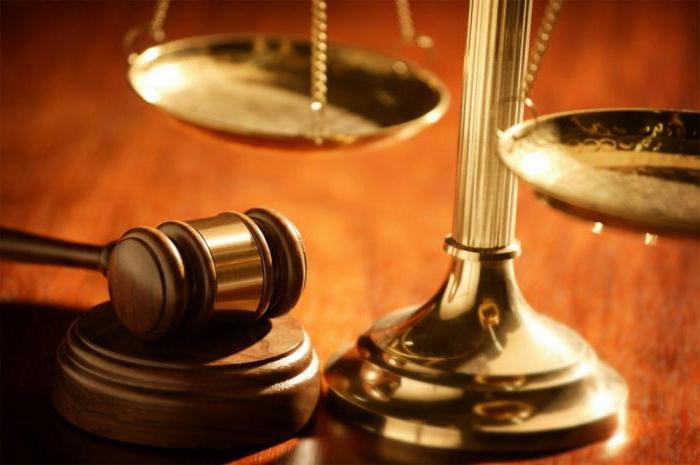
And what else?
Relevant sources of criminal process for our country are the following documents:
- an international covenant on human rights, signed in 1966;
- adopted in 1950 by the Rome Convention.
These documents were subsequently developed in the form of a number of codes, conventions, standard rules, principles and other normative acts. All of them have also become international and in our country are sources of criminal proceedings.
Of course, the country's Constitution was not left without attention. The greatest legal force is inherent in this law, and all the prescribed standards work directly. Acts, laws that are adopted in the country must strictly comply with the Constitution, otherwise their approval is illegal and unacceptable.
The concept and types of sources of criminal proceedings that have appeared recently
First of all, the CPC should be referred to such. It was adopted in 2001, but entered into force only the following year. Before him, on the territory of the country, the Code of Criminal Procedure of the RSFSR was adopted, adopted first in 1922, and then finalized in 1923 and 1960. The Code of Criminal Procedure describes the conduct of cases in criminal courts. It signs how the prosecutor's office should work, how to conduct an investigation, and carry out interrogation operations.

Although, of course, this is not the only source. There are a number of laws passed at the federal level that are also relevant to criminal litigation.These include federal laws on the court system, the rules of detention, and the protection of those who have suffered violations of rights, freedoms, and duties.
In some cases, the CPC comes into conflict with federal laws. If a particular court is confronted with such a situation, it should act as prescribed in the CPC. The first part of the seventh article tells that it is unacceptable by the laws of the country to apply in consequence such laws that would contradict the CPC.
But are there only laws?
If we consider all the branches of law now known, we can conclude that, in addition to laws, various regulatory documents adopted by administrative, administrative, executive bodies and departments are also called sources of law - in a word, all those instances that are legally authorized to do so. But according to the Code of Criminal Procedure, the law is what is above all else. Whatever legal acts are adopted by the authorities at a level lower than the legislative supreme body, they will always be considered as secondary after the CPC.
There are such regulations that are classified as bylaws. It is unacceptable to enter criminal procedural norms into them by law. Therefore, it is impossible to classify such documentation as a source of law. By the way, even decrees and orders issued by the president of the country do not have sufficient jurisdiction to change the CPC.
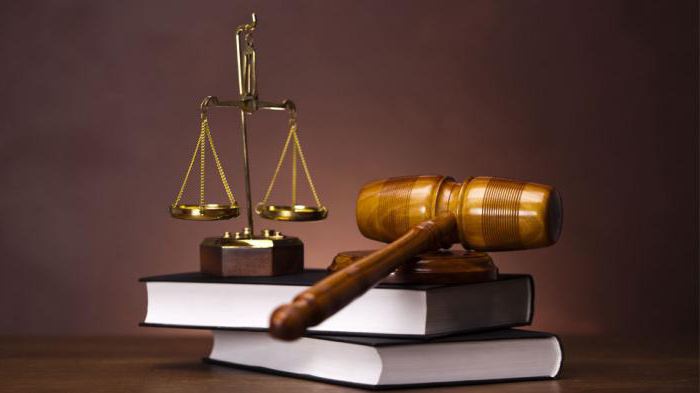
Perhaps the most difficult situation is with the decisions of the Constitutional Court. Such a body has the right to make decisions and decisions. The documentation may contain issues related to the verification of constitutionality. Can these documents be classified as sources of law? This question to this day causes quite an active debate. The court has the right to verify compliance with the Constitution when it receives a claim from a citizen who is confident in the infringement of his freedoms in a criminal case. The court finds itself in a difficult situation: often conflicts arise due to gaps in existing laws. Trying to resolve the contradictions, the Constitutional Court formulates such documents that become sources of legal norms for a wide variety of industries.
To summarize
So, if we are talking about the sources of criminal procedure law on the territory of the Russian Federation, then the Constitution comes first. It should be observed in any business, in any regulatory document. In the hierarchy of standards, legal documents, it takes first place. Unacceptable contradiction of the Constitution
In order to study the standards relating to criminal judicial proceedings, special attention should be paid in the Constitution to the second and seventh chapters. It is they who give a comprehensive idea of the sources of law and what the judicial authority in the country represents, what opportunities, rights and privileges it has.